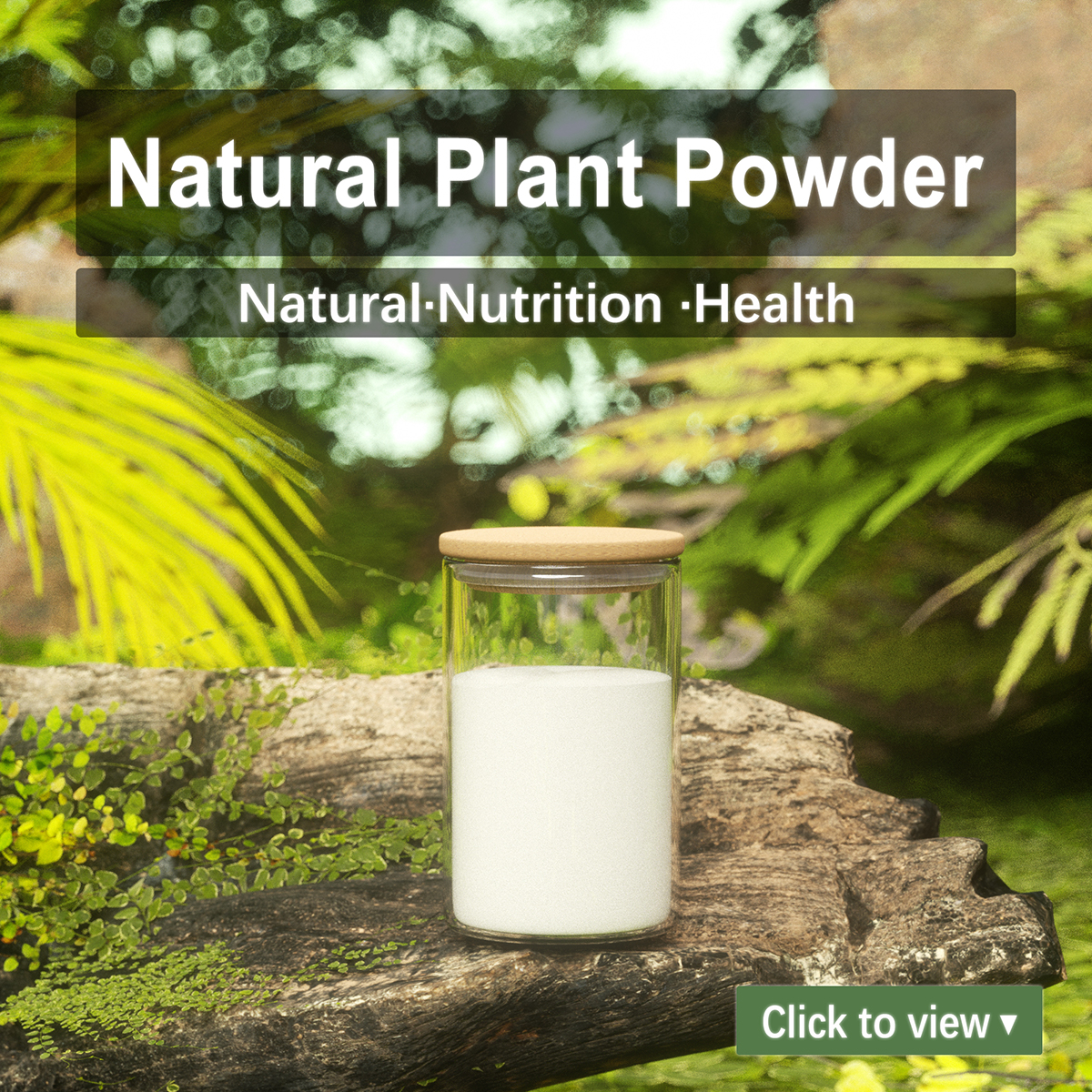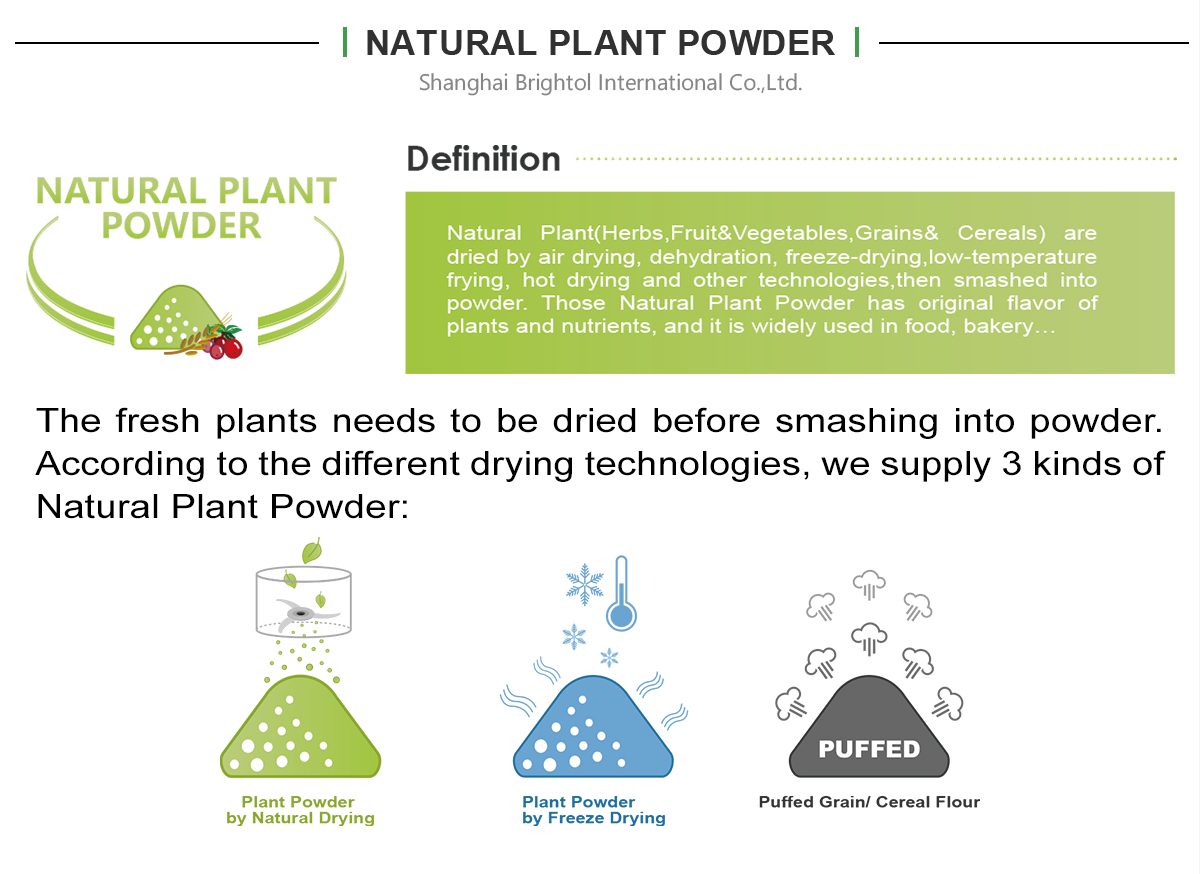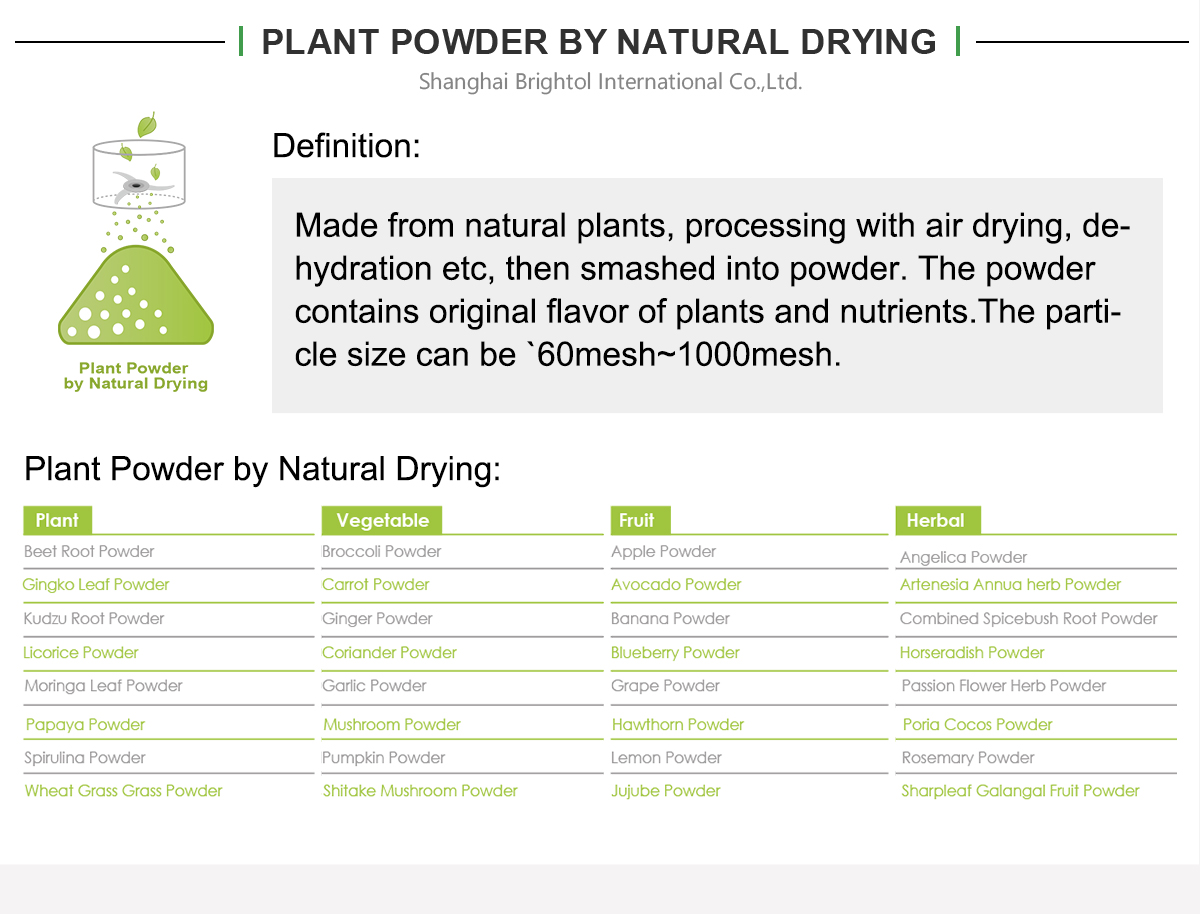

Description
Soapwort (Saponaria officinalis) is a perennial plant in the Caryophyllaceae (carnation) plant family, which includes an estimated 86 genera and 2,200 species of plants, including baby’s breath, campions, common carnation and chickweeds. The genus name Saponaria is actually derived from the Latin word sapo, meaning “soap” and –aria, meaning “pertaining to.”
There are at least 20 different types of Saponaria plants grown worldwide, including the two most well-known: red soapwort and white soapwort. Red and white soapwort plants (especially the roots) are used in herbal medicine, although some simply grow soapwort plants for their ornamental flowers. Soapwort also goes by other names, including: bouncing-bet, crow soap, wild sweet William and soapweed.
The plant’s flowers have a strong, pleasant smell, while the plant’s roots give off sap that is used to create a natural soap or cleanser when combined with water......


Description
Soapwort (Saponaria officinalis) is a perennial plant in the Caryophyllaceae (carnation) plant family, which includes an estimated 86 genera and 2,200 species of plants, including baby’s breath, campions, common carnation and chickweeds. The genus name Saponaria is actually derived from the Latin word sapo, meaning “soap” and –aria, meaning “pertaining to.”
There are at least 20 different types of Saponaria plants grown worldwide, including the two most well-known: red soapwort and white soapwort. Red and white soapwort plants (especially the roots) are used in herbal medicine, although some simply grow soapwort plants for their ornamental flowers. Soapwort also goes by other names, including: bouncing-bet, crow soap, wild sweet William and soapweed.
The plant’s flowers have a strong, pleasant smell, while the plant’s roots give off sap that is used to create a natural soap or cleanser when combined with water. Uses for soapwort’s sap include washing delicate fabrics that can’t stand withstand commercial soaps or cleaners and creating a mild skin cleanser that is usually suitable for sensitive and/or irritated skin.
Health Benefits
1. Cleanses and Soothes Sensitive Skin
2. Fights Respiratory Infections
3. Helps to Cleanse Hair
4. Acts As a Natural Detergent (Including for Wool, Fleece and Lace)
5. Used As an Emulsifying Agent in Recipes










